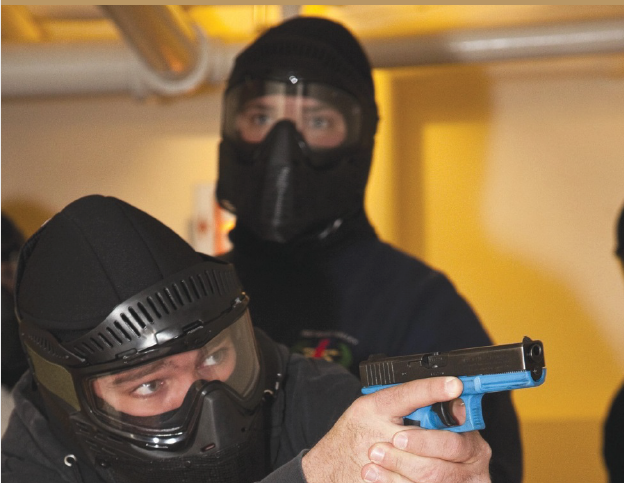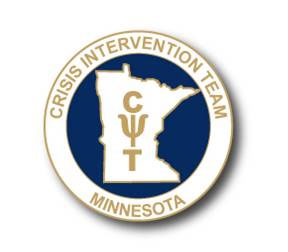Interview & Interrogation: Basic & Advanced
Presented by: William P. Schreiber, REID & Associates, Inc., Chicago, IL
BASIC COURSE
Tuesday – Thursday, November 6 – 8, 2018, 8 AM – 4:30 PM
Tuition: $445
MN POST training hours: 24
ADVANCED COURSE*
Friday, November 9, 2018, 8 AM – 3 PM
Tuition: $130
MN POST training hours: 8
* Participants who have previously attended the three-day basic course are eligible to attend the advanced session only.
COURSE OVERALL LEARNING GOAL:
Objectives for the basic course are 1) to provide the fundamentals necessary to conduct a proper interview and interrogation, 2) to provide a structured frame of reference for those interviewers who have some experience but also may not have had any formal training in the area and 3) to improve the efficiency of all participants in obtraining the truth from suspects, witnesses and victims in a legally acceptable manner.
Objectives for the advanced course are 1) to provide additional tactics and techniques designed to obtain confessions from the deceptive suspect in more expedient manner, 2) to provide finesse tactics dealing with the psychology of interrogation to enhance the investigators ability to acquire confessions that might not have otherwise been obtained and 3) to provide a logical guideline that may be used to profile out any type of suspect for interrogation.
More than 300,000 professionals in the law enforcement and security fields have attended these programs since it they were first offered in 1974. Participants come from both the private sector (retailing, finance, health care, manufacturing, etc.) and the public sector, including all levels of law enforcement and government; from every U.S. State and Canadian Province, as well as countries in Europe, Asia and the Middle East.
SPECIFIC PERFORMANCE OBJECTIVES:
• Distinguishing between interview and interrogation
• Legal aspects of interview and interrogation
• What makes an excellent interviewer
• Factors affecting a subject’s behavior
• Behavior symptom analysis (see detail below)
• Five points to follow when evaluating behavior
• Reid Behavioral Analysis Interview™
• Baiting techniques
The REID Nine Steps of Interrogation (see detail below)
1. Behavior symptoms analysis
2. Evaluating Attitudes
3. Evaluating Non-verbal Behavior
4. Evaluating Verbal Behavior
5. Evaluating Paralinguistic Behavior
6. Reid Behavioral Analysis Interview™
7. The Baiting Technique
8. Analyzing Factual Information Prior to the Interview
9. Asking Behavior Provoking Questions
THE REID NINE STEPS OF INTERROGATION
1. The Positive Confrontation
2. Theme Development
3. Handling Denials
4. Overcoming Objections
5. Procuring and Retaining the Suspect’s Attention
6. Handling the Suspect’s Passive Mood
7. Presenting an Alternative Question
8. Detailing the Offense
9. Elements of Oral and Written Statements
ADVANCED TOPICS INCLUDE ABOVE TOPICS AS THEY RELATE TO:
Advanced concepts in behavior symptom analysis, behavioral interview and REID approach to interrogation:
• Difficult suspects that give the interrogator problems and specific tactics to get them to confess
• Defiant, neutral and accepting suspects – how to move suspects out of a stage for best end results
• Distinguishing elements which identify need, lifestyle, impulse and esteem criminal characteristics
• Additional interrogation tactics.
To view the course flyer, click here: MN Edina TB 110618









